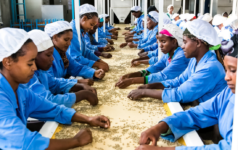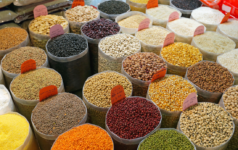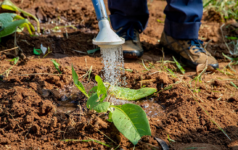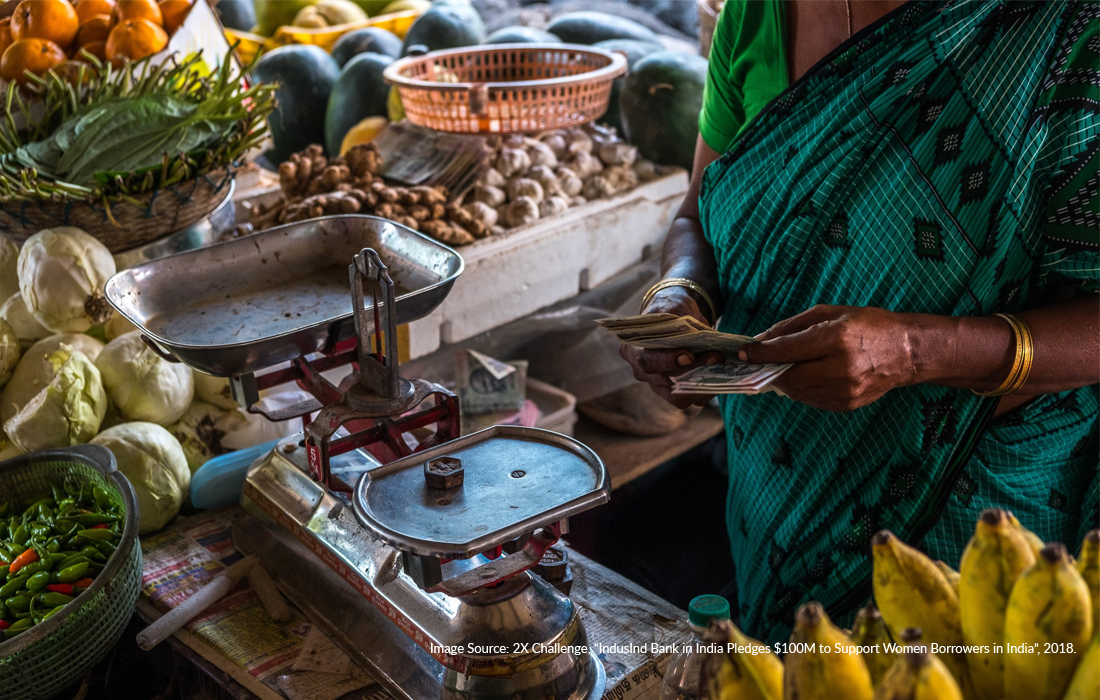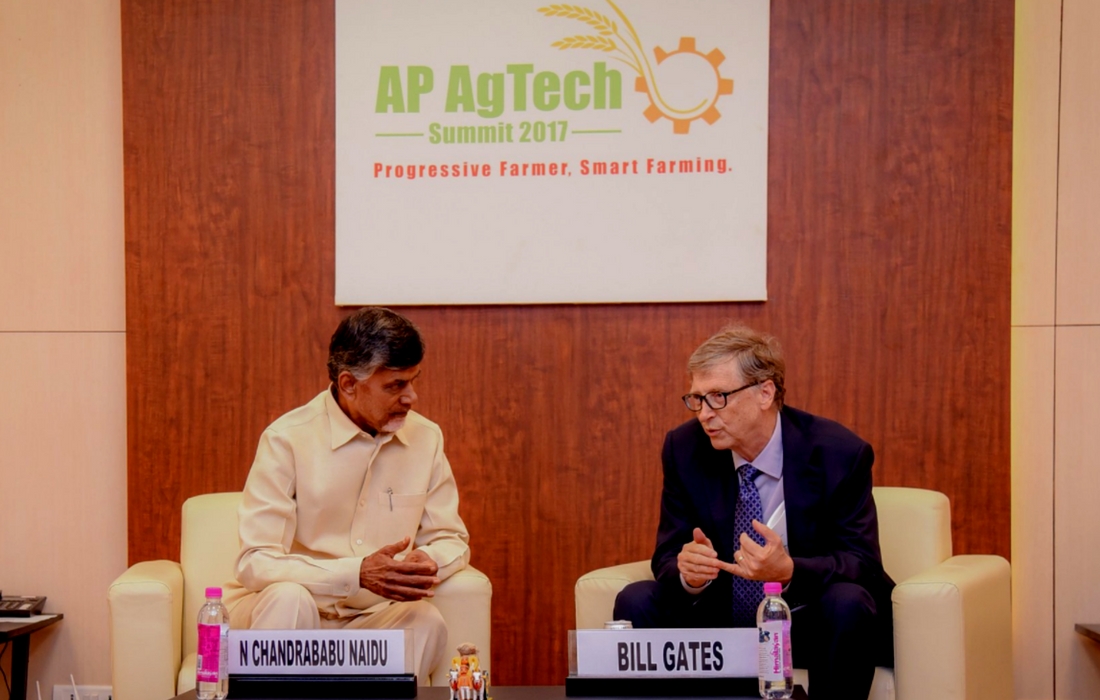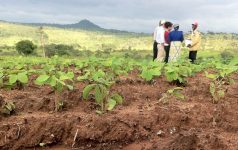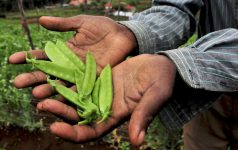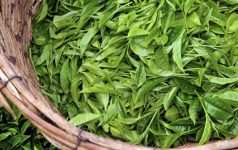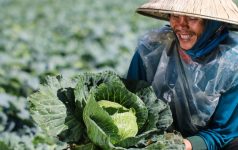Dalberg uses cookies and related technologies to improve the way the site functions. A cookie is a text file that is stored on your device. We use these text files for functionality such as to analyze our traffic or to personalize content. You can easily control how we use cookies on your device by adjusting the settings below, and you may also change those settings at any time by visiting our privacy policy page.
Tanzania has the opportunity to strengthen a sector that can improve the livelihoods of millions of families, while improving domestic food security. Thanks to innovative shifts in country-level policy and a new framework for industrialization, Tanzania may soon become more self-reliant in the production of cooking oil and serve as a model for industrialization for other African countries in the process.
A new USAID-funded study by Dalberg and a suite of local and international partners reveals notable transformations in the industrialization of Tanzania’s sunflower sector. This transformation follows the government’s decision in 2018 to enact trade and tax reforms aimed at boosting industrialization in the sector.
Tax incentives have encouraged industrial investments in the production of sunflower oil, while tariffs imposed on imports have likely helped favor domestic sunflower production. The changes also mean that Tanzania, which currently imports about 60 percent of its cooking oil requirements at a cost of approximately $250 million USD per year, could reduce or eliminate its reliance on imported vegetable oil — a key food staple in the country.
A bold investment vision for a brighter future
At the start of the process was a USAID-funded policy framework and investment approach for the edible oils sector developed by Dalberg in partnership with Tanzania’s Ministry of Finance, Agriculture Non-State Actors’ Forum (ANSAF Tanzania), The Agricultural Markets Development Trust (AMDT), Southern Agricultural Growth Corridor of Tanzania (SAGCOT) Centre Limited, Tanzania Agricultural Development Bank (TADB) and USAID.
USAID brought this ecosystem of actors together to align the objectives of all parties around the common goal of large-scale job creation in the sunflower sector.
Dalberg conducted the data analysis and evaluation needed to identify the sunflower sector as an area that is ripe for industrialization, and one that can add value and displace imports, in comparison to other sectors. Using its industry insights and knowledge of existing opportunities for production and trade, Dalberg designed a framework that would kickstart industrialization in a way that aligned with government priorities.
What the ecosystem of actors uncovered is that the sunflower sector demonstrates a high potential for long-term large-scale job creation and the opportunity for competitive advantage. Projections indicated that developing a strong domestic sector could increase tax revenue by TZS 3-4 billion ($1.2-$1.75-million) and generate substantial forex savings on imports.
Policy changes to attract and facilitate investment
Based on the framework created, and to encourage domestic investment, the Tanzanian government placed a VAT exemption on agricultural processing equipment, which includes the solvent extraction and refining equipment necessary to competitively produce sunflower oil. Simultaneously, to improve the economics of the sunflower processing model, a separate VAT exemption was placed on sunflower seed-cake – a by-product of oil extraction that is used for animal feed. A further pivotal decision to improve competitiveness was at least maintaining the import tariff on palm oil – 10 percent for crude palm oil and 25 percent for refined palm oil.
These tax and tariff changes have put Tanzania on the path to transforming the entire sector by prompting investors to pursue hybrid seed production, processing and other investments in the sunflower space. Dalberg was able to draw on its coalition of funders to obtain the private investment needed for essential technologies. It also identified technical collaborators to produce a feasibility study and build the case for further investment. By working holistically and taking a systems approach, all parts contributed to bringing about transformative change.
Seeds lead to growth
Along with processing investments and changes in access to finance for seeds came investment in better seeds. High-yielding hybrid seeds that were previously imported are now produced locally and are available to farmers at an affordable price thanks to private investment in seed multiplication. Farmers can now produce almost 3 times more per acre and earn twice the margins on their harvest.
There are currently 1 million smallholder farmers growing sunflowers whose livelihoods stand to improve with the sector’s growth. The two thousand small and medium enterprises – largely processors of crude sunflower oil – that support the industry will also benefit from the boost and scaling up of the sector.
Widespread adoption of improved seed is one important driver of increased production of sunflower oil in Tanzania, already one of the largest producers of the crop in Africa. And with sunflower processors investing in more than 50,000 metric tons of processing capacity, demand for sunflower from farmers is increasing.
Setting up for change at scale
As the study reveals, today Tanzania’s sunflower sector is poised to be a model for other value chains in Tanzania and inspire other countries to pursue industrialization by replicating its success in other value chains. With growth, Tanzania’s sunflower industry has the potential to allow the country to compete in international markets, create jobs, and transform the economy. Its transformation would be a shining beacon for the government’s industrialization drive that sets out to improve the economy and the lives of its people in sustainable, systemic ways.
Along with the efforts of a coalition of cross-sectoral ecosystem actors, Dalberg has been coordinating the execution as well as monitoring and evaluating progress, in addition to coordinating with donors, investors, and the public sector in a way that will attract further buy-in and encourage the government to stay the course on the new policy measures implemented.
Industrialization of the sunflower sector is just a start, and a number of challenges remain before it can fulfill its potential – possibly as an exporter to other countries in the region. For now, from a seed to oil, and policy to people’s lives, the model established in Tanzania’s sunflower sector offers the promise to scale.

